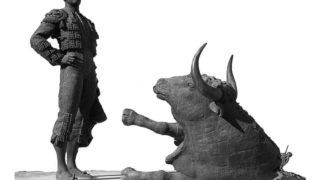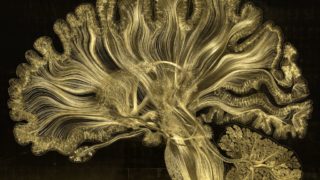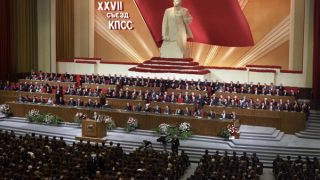
The limits of animal ethics
One of the most important ethical debates of the next decades will be, no doubt, the one about our moral obligations towards non-human beings, and in particular, towards the members of other animal species. Very likely, not only philosophical discussions, but even the attitudes of a big portion of citizens about this topic, are going […]








